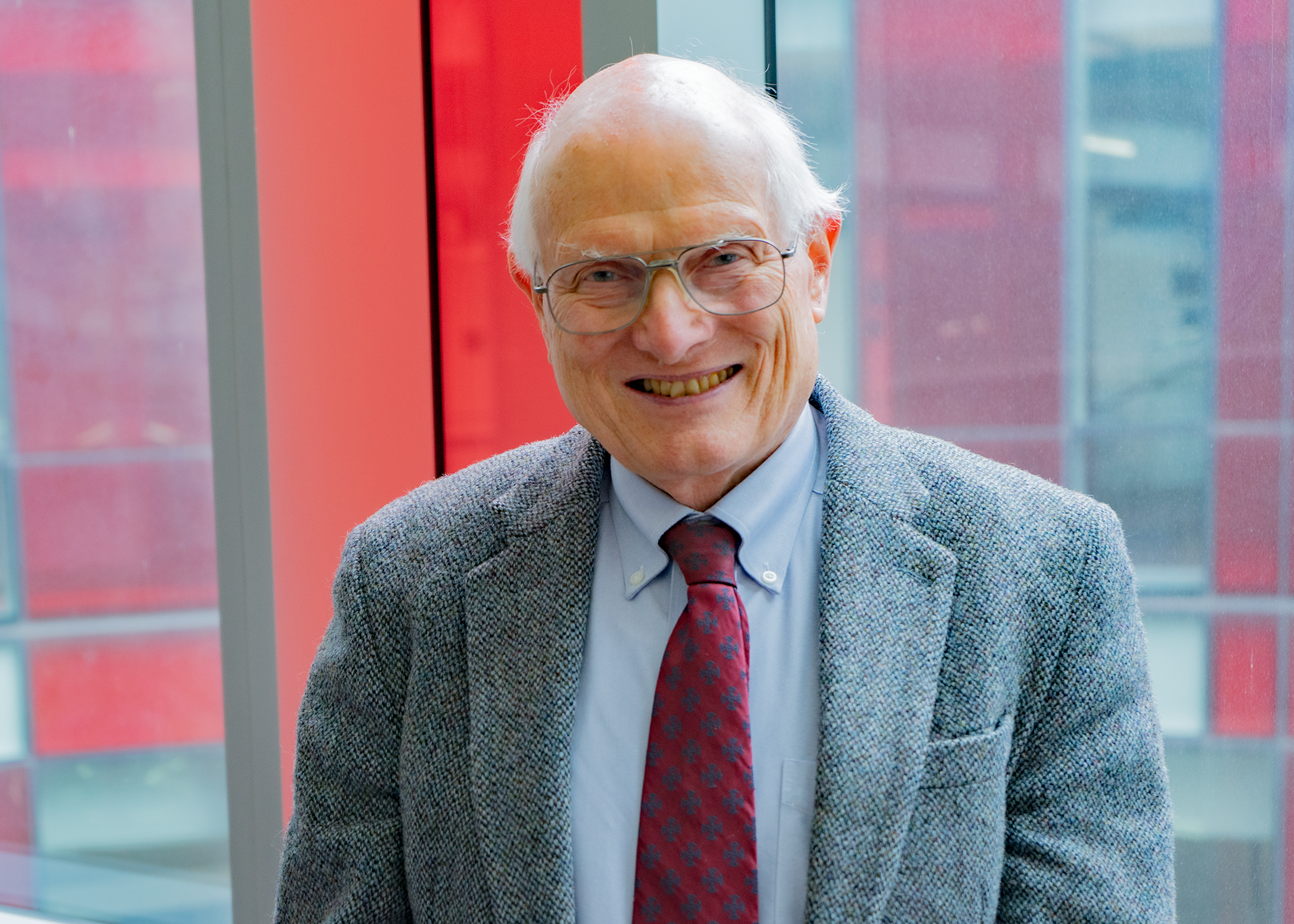
Paul Julienne (Credit: Bailey Bedford/JQI)
JQI Emeritus Fellow Paul Julienne has been elected a member of the National Academy of Sciences.
“I am both gratified and humbled by this honor, which is only possible because of the many excellent colleagues and students with whom I have worked with over the years,” says Julienne, who is also an adjunct professor of physics at UMD. “I owe them a debt of gratitude, for it is by working together that science advances."
Julienne is one of 120 new members elected this year. He joins a prestigious group of more than 2,500 scientists around the country who have been elected by their peers in recognition of their research achievements. The National Academy of Sciences also elected 23 new international scientist who are joining more than 500 other international members."
Julienne helped establish the research field of ultracold matter, which investigates atoms and molecules near absolute zero. His theoretical research includes developing models that describe how cold trapped molecules and atoms can be precisely controlled using magnetic fields or lasers. This research topic has revealed details of atomic states and chemical reactions of ultracold molecules.
The National Academy of Sciences is a private, non-profit society of scholars that was established by an Act of Congress—signed by President Abraham Lincoln—in 1863. The organization works to further science in America and to provide analysis and advice to solve complex problems and inform public policy decisions.
Story by Bailey Bedford